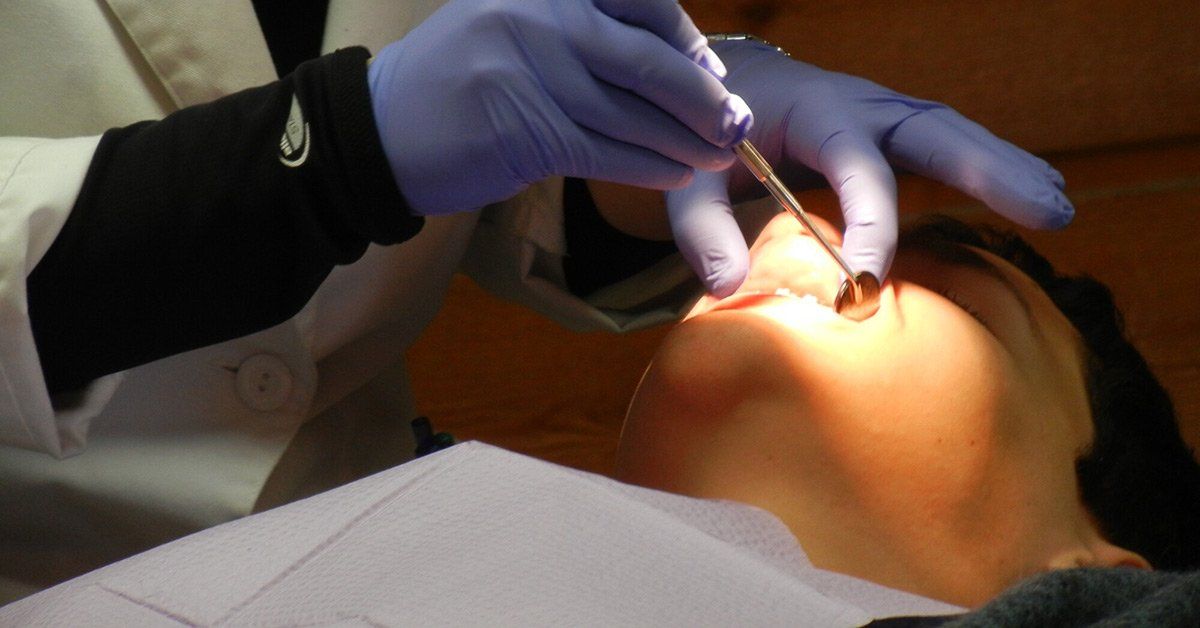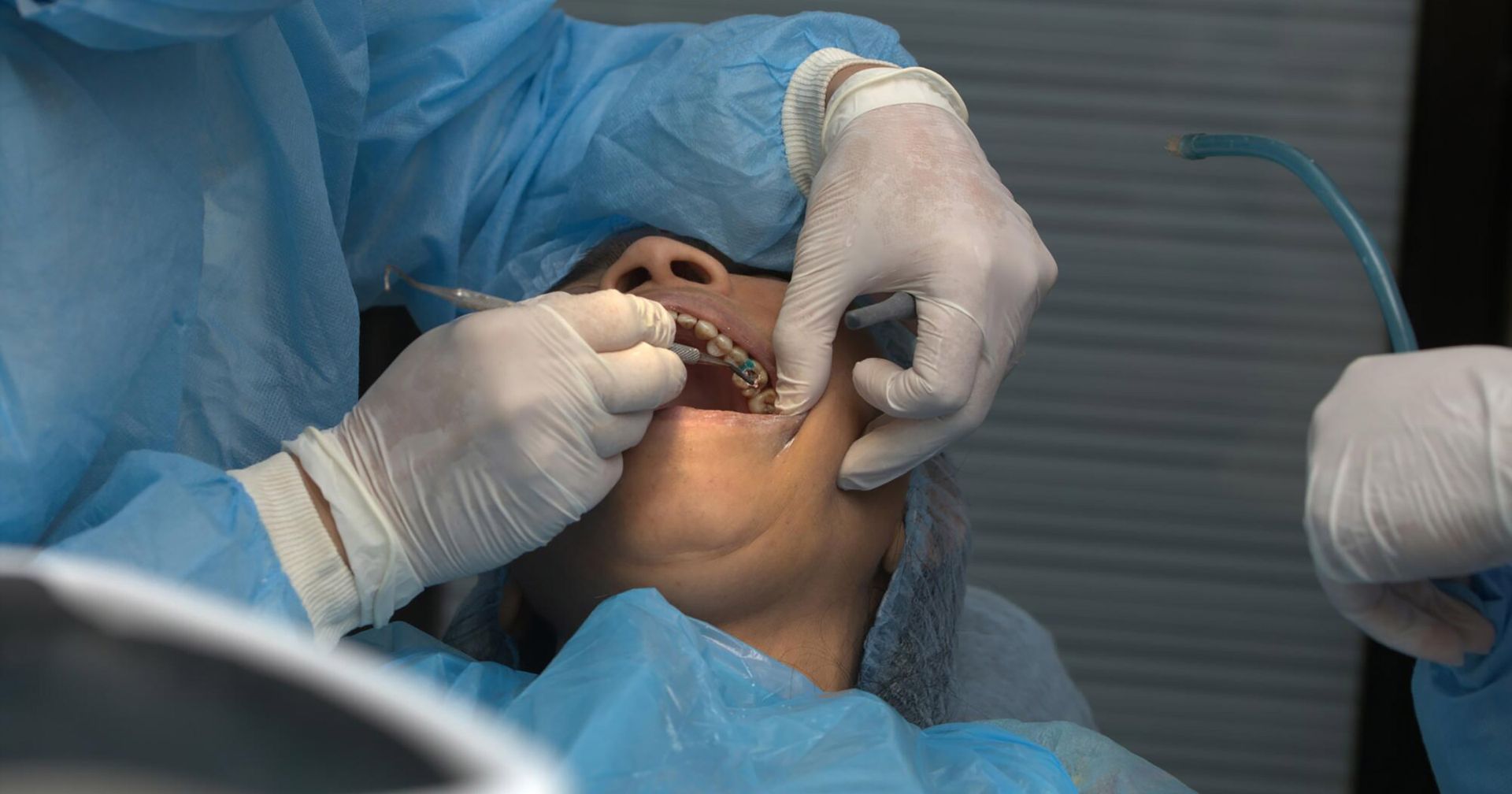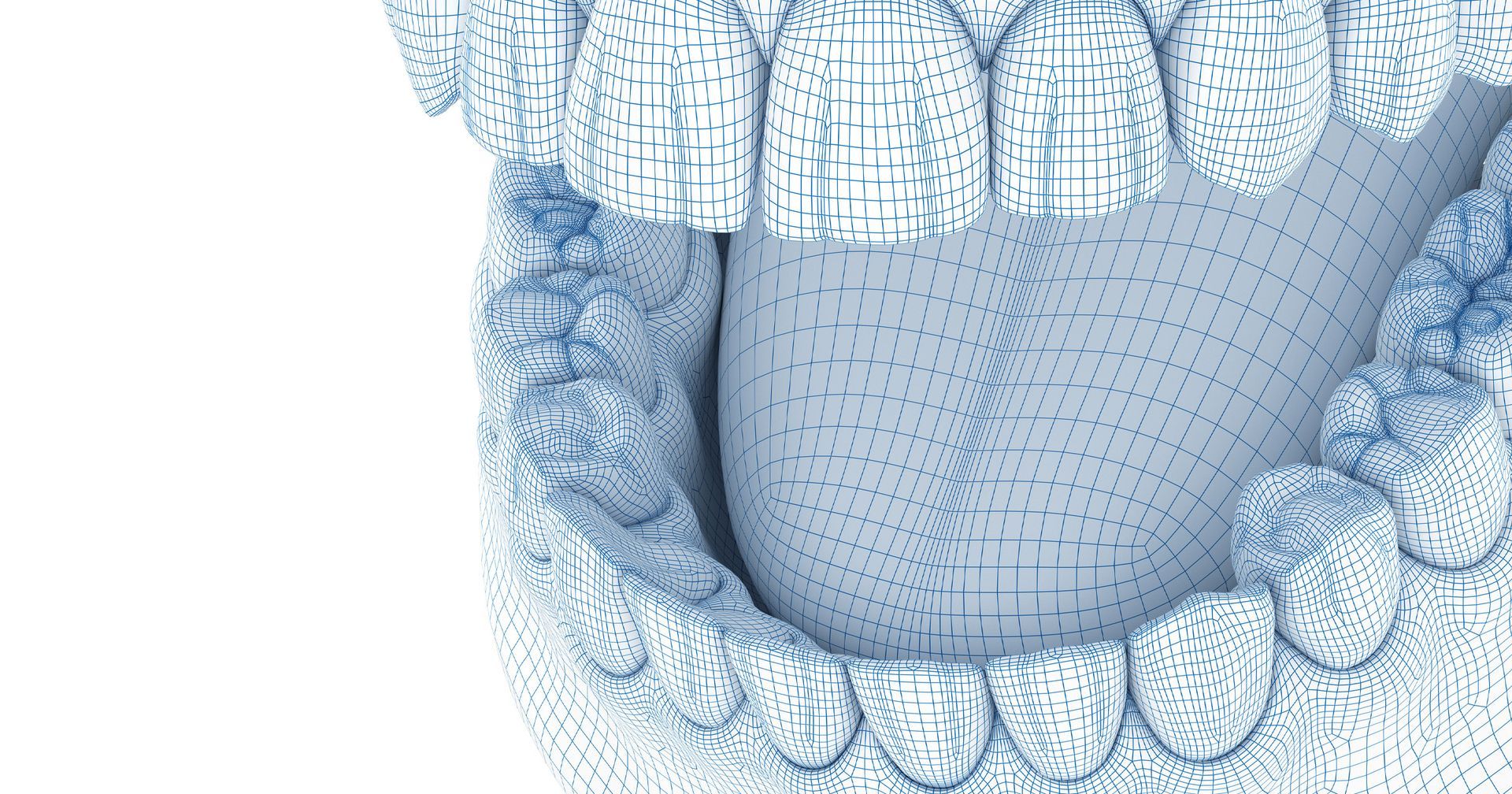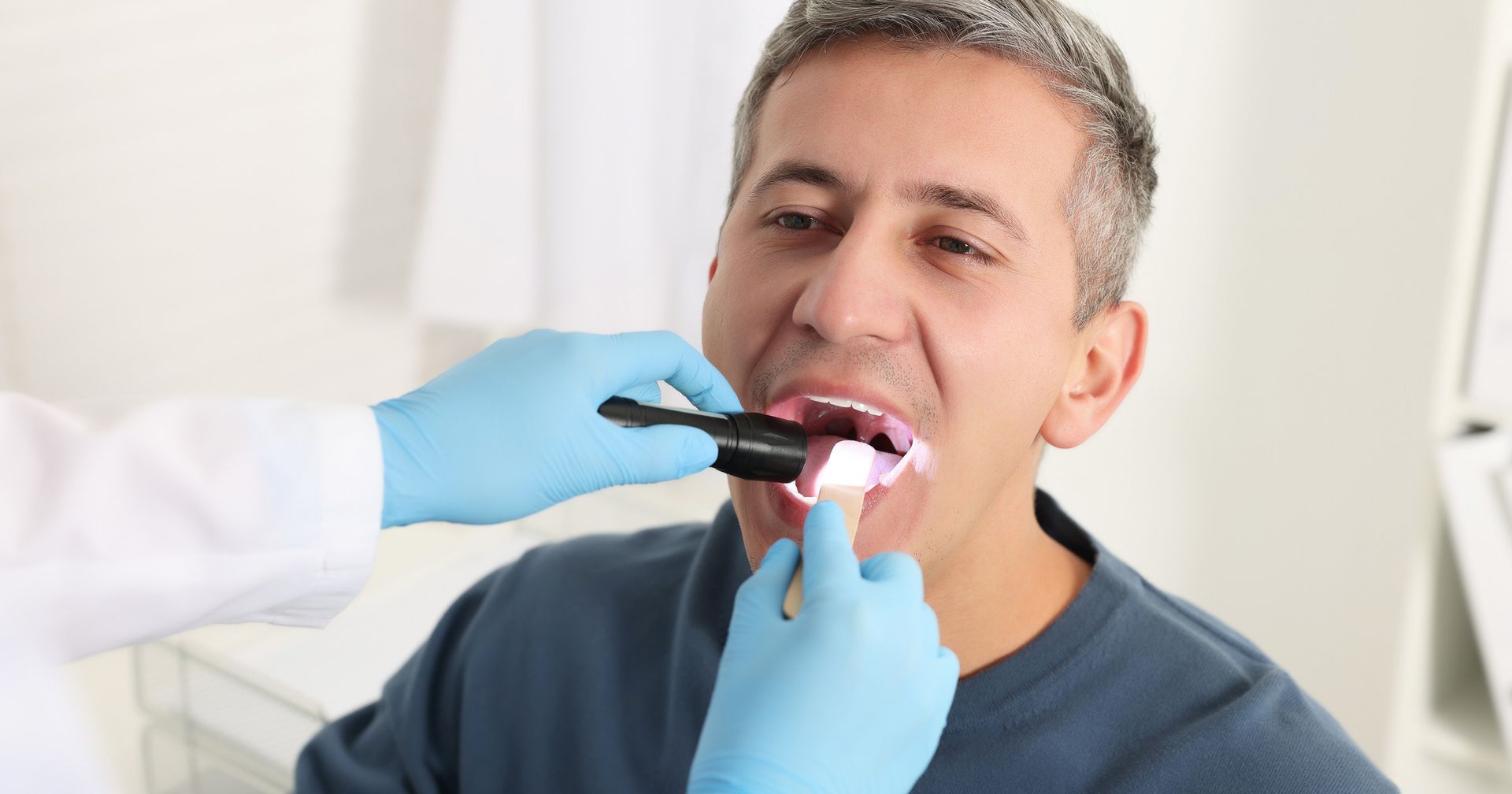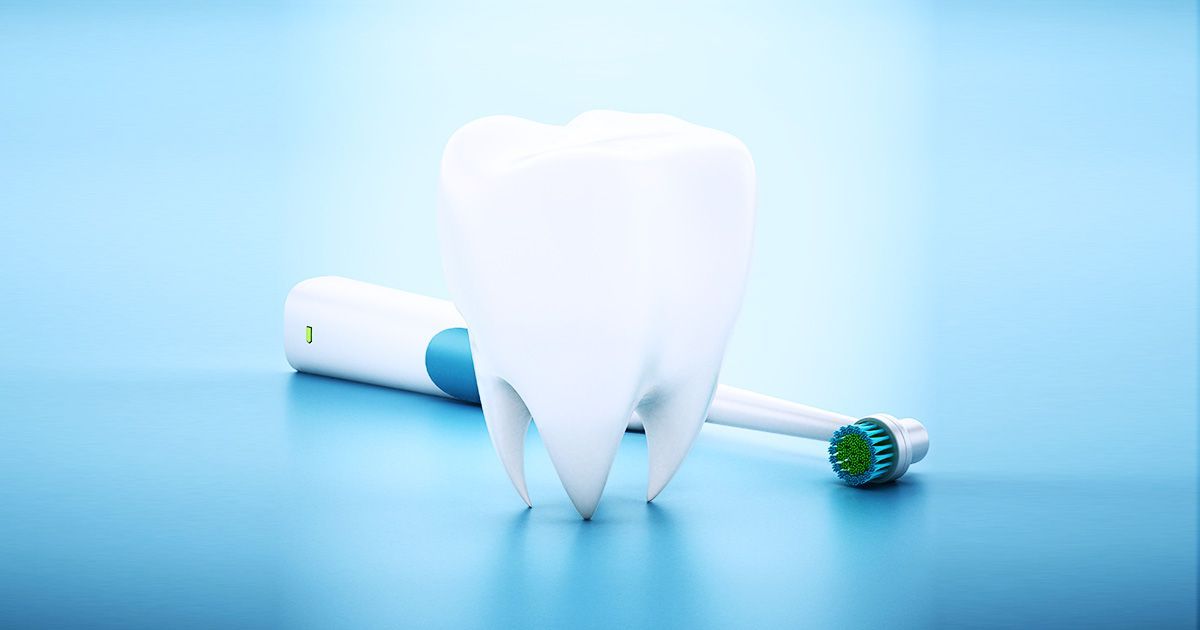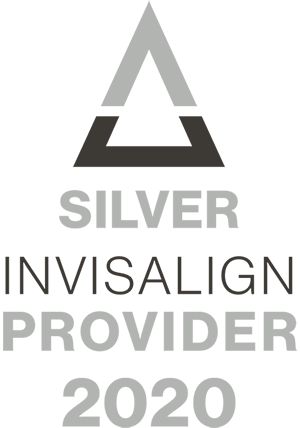How Does Nitrous Oxide Work?
Nitrous oxide, or laughing gas, is commonly used in dental procedures. Learn about what it is and how it works in this guide.
If you don't know what nitrous oxide is and how well it might work to numb your pain during dental procedures, you might be afraid to use it. However, you'll find in this article that nitrous oxide is very safe compared to other anesthetics and can make your dental issues very convenient to fix when visiting your dentist in Bedford, NH.
Some people might be determined to have their dental procedures without any painkillers, but do you really want to experience a cavity filling, or a root canal, in all their unpleasant glory? If you're wary about nitrous oxide, let's take a closer look at what is nitrous oxide exactly and how it works on the body.
What Is Nitrous Oxide?
Nitrous oxide is a colorless and odorless gas, but just because you can't see or smell it doesn't mean it doesn't have potent effects. Nitrous oxide in dental procedures is often referred to as laughing gas. This is because of how this gas can help relax patients and put them in a more positive or euphoric mood.
When visiting your dentist, you should know that it is never required of you to take nitrous oxide. However, you should know that this gas doesn't have to be used to numb pain alone. As it happens, nitrous oxide can be a great option for calming those with dental anxiety.
Dental anxiety can be debilitating for some people and might even prevent some people from visiting the dentist at all. This, of course, can do more harm than good in the long run when it comes to your dental health. For those who manage to somewhat overcome their dental anxiety and go to the dentist, the experience is usually very unpleasant for them because of how nervous they are.
This doesn't always have to be the case. Your dental anxiety can go away in a few minutes just by inhaling some nitrous oxide. The same goes for any dental pain you may have.
Inhaling the gas is not an uncomfortable experience. Some may experience a metallic taste from the gas while others may experience a sweet taste. The laughing gas in dental procedures is usually inhaled through the nose of the patient through a nasal hood.
While the administration of nitrous oxide seems easy enough, how does it work so quickly? What does it do to the brain and body in order to calm anxiety and reduce pain? We will explore these questions next.
How Does Nitrous Oxide Work?
Nitrous oxide was invented in the 1700s, and dentists in the 1800s started to use it in their dental procedures. So, nitrous oxide has a long history of use. Interestingly enough, despite its long history, not much is known about how nitrous oxide is able to produce its anesthetic effects.
However, we do have an idea of how nitrous oxide works on the brain in general. It all has to do with ligand-gated ion channels. Ligand-gated ion channels are channels situated between cell membranes and allow certain ions to enter or leave the cell but only if a ligand, also known as a chemical messenger, binds to the channel first and allows it to open or close. Usually, ligand-gated ion channels allow the ions sodium, potassium, calcium, and chlorine to enter or leave the cell.
Without the presence of nitrous oxide, neurotransmitters usually open or close the ligand-gated ion channels. When neurotransmitters affect the flow of ions in the cells of the body, certain effects are produced. The same occurs when nitrous oxide binds to these channels rather than neurotransmitters, although the effects are quite different.
Researchers believe that the way nitrous oxide reduces pain in the body is by releasing more of the neurotransmitter norepinephrine which inhibits pain signals. It reduces anxiety in a different way by acting on GABAA receptors in the brain that inhibit the release of other neurotransmitters. Nitrous oxide is also able to produce a euphoric effect because of how it stimulates the reward systems in the brain and produces more dopamine which is a feel-good hormone.
Nitrous oxide also wears off quickly so you don't need to worry about being drowsy or feeling strange for the rest of the day. However, are there any side effects associated with nitrous oxide?
The Possible Side Effects of Nitrous Oxide
As with any drug, there is always the possibility that side effects can occur. You should keep in mind that many people don't experience any side effects from nitrous oxide and most side effects are mild and go away quickly. In general, nitrous oxide is a very safe drug for reducing pain and anxiety while at the dentist.
Side effects tend to happen if you inhale too much nitrous oxide too fast. Some side effects you might experience from this include shivering, dizziness, fatigue, and sweating. To relieve any side effects or to reduce the possibility of side effects, your doctor may administer oxygen with nitrous oxide.
This is because of how oxygen can clear any remaining nitrous oxide out of your system. Oxygen can also push away any feelings of wooziness that nitrous oxide might cause. You will need to wait about 15 minutes before the nitrous oxide is fully out of your body.
By this time, you should be alert enough to drive yourself home without any trouble.
Nitrous Oxide from Your Dentist in Bedford, NH
By the end of this article, you should know all about what to expect from nitrous oxide from your dentist in Bedford, NH. Nitrous oxide is a safe gas that can reduce dental pain and anxiety and make otherwise uncomfortable dental appointments a breeze.
Dentists with the Dental Arts of Bedford know all about how to use nitrous oxide in a safe and convenient way during dental procedures. To learn more,
explore our website and don't hesitate to make an appointment.
